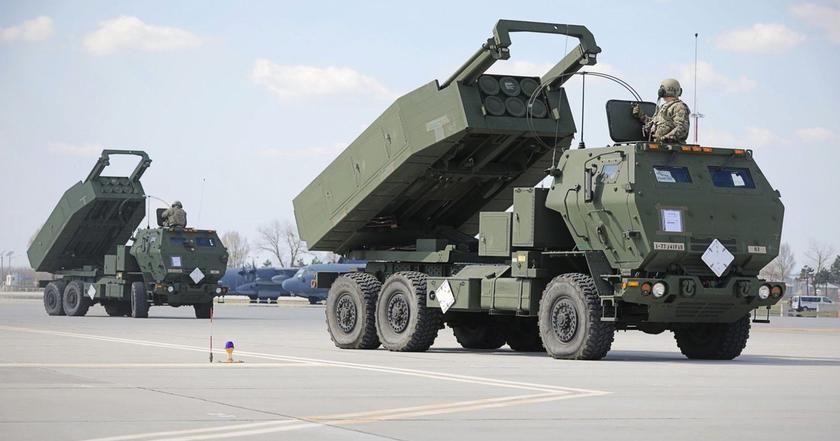


According to information provided to The Washington Post by Stacey Pettijohn, director of the defense program at the Center for a New American Security, the war in Ukraine is indeed forcing the United States to rethink some military strategies and assumptions. He noted that the Russian-Ukrainian war has highlighted the vulnerability of certain types of precision weapons, such as Himars missiles or Excalibur artillery shells, which are guided by GPS. These weapons have proven to be susceptible to Russian electronic warfare, which can deflect them off course.
However, this situation goes beyond the simple vulnerability of certain types of weapons. It also points to the need for a deeper understanding of military conflicts and potential adversaries. As noted in the analysis of military experts, preliminary assumptions about the competence and effectiveness of the armed forces can lead to an incorrect assessment of their actual effectiveness and capabilities. For example, before the war in Ukraine, many Pentagon analysts believed that Russian troops were quite capable and competently led, and that their equipment was quite powerful. However, during the war, the Russian armed forces proved to be less than formidable and have critical shortcomings, especially in logistics, command and control, and coordination between air and ground units. Moreover, the Pentagon gave Ukraine a few weeks.
These lessons are important not only for understanding the current situation in Ukraine, but also for shaping the future defense strategy of the United States. They emphasize the need for a more flexible and adaptive approach to military threat assessment and strategy development, in particular, taking into account the possibility of dealing with more modern and technologically advanced adversaries, such as China.

